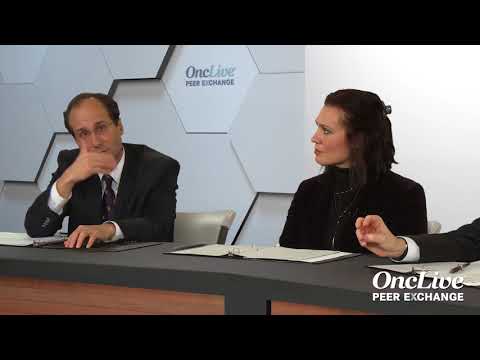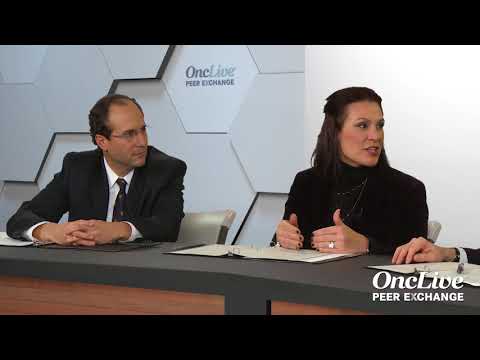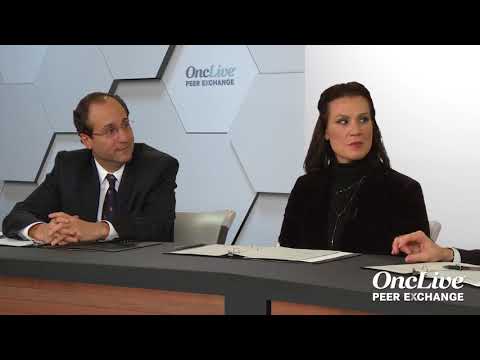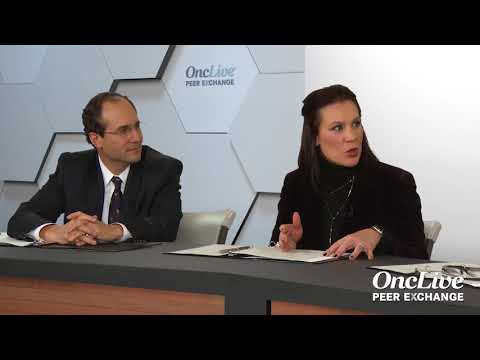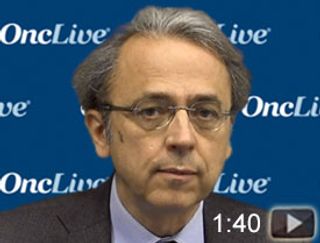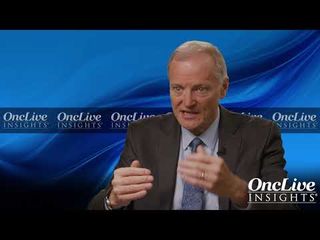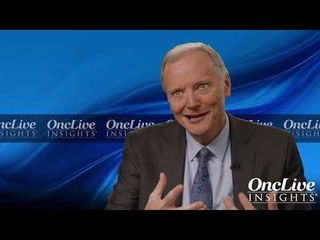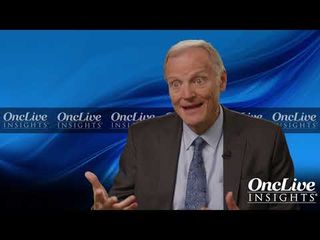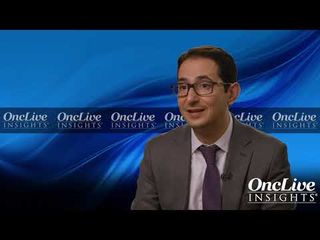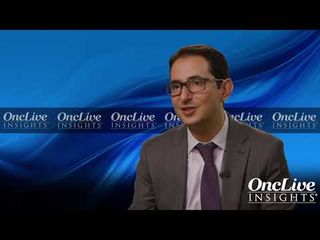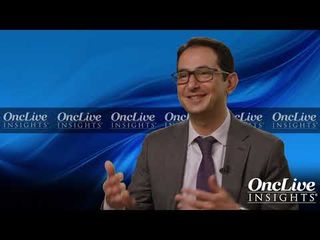
Gastrointestinal Cancer
Latest News
Latest Videos

CME Content
More News
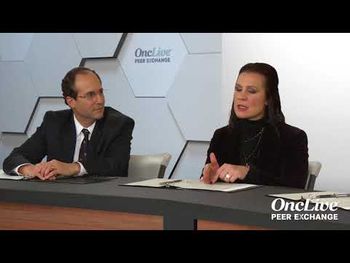
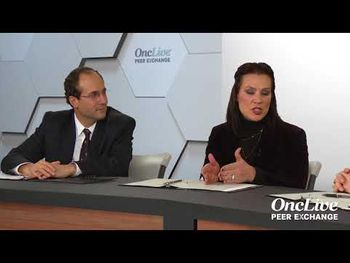
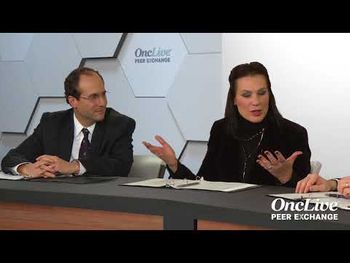



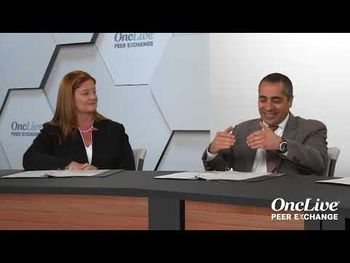
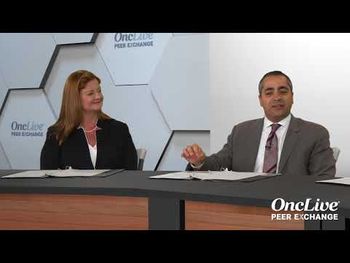
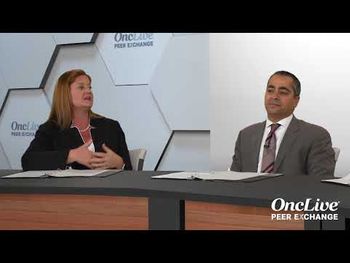
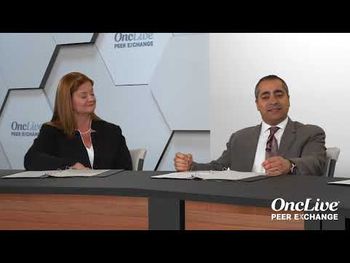


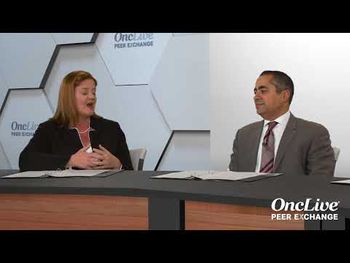
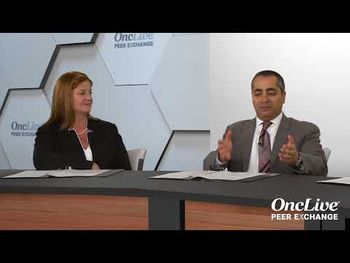
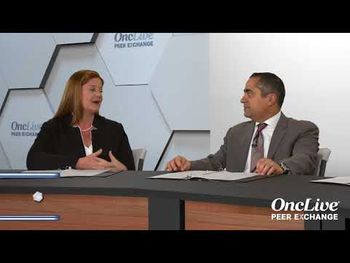

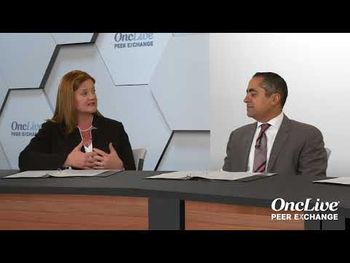
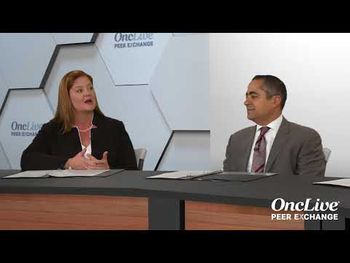
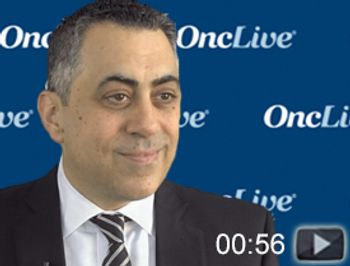
Tanios Bekaii-Saab, MD, professor of medicine, Mayo Clinic, discusses the impact of regorafenib (Stivarga) on the treatment of patients with colorectal cancer (CRC).
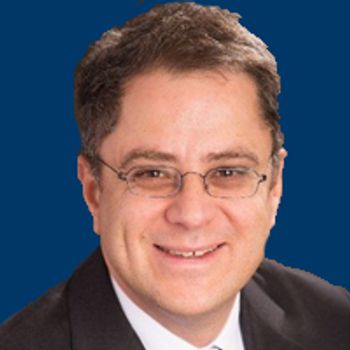
Investigators are looking into a combination of immunotherapy agents for patients with unresectable hepatocellular carcinoma, for whom there are limited treatment options in the first line.
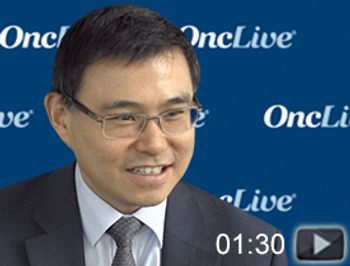
Ian Chau, MD, consultant medical oncologist, Royal Marsden Hospital, discusses an analysis of Asian and Western patients with chemotherapy-refractory gastric/gastroesophageal junction (GEJ) cancer.

Aiwu Ruth He, MD, PhD, discusses the future of precision medicine in gastrointestinal cancers.

Lenvatinib (Lenvima) was noninferior for overall survival while improving progression-free survival compared with sorafenib (Nexavar) for the frontline treatment of patients with unresectable hepatocellular carcinoma.
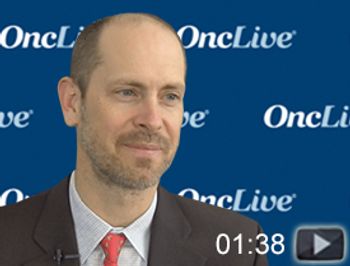
Michael J. Overman, MD, associate professor, Department of Gastrointestinal Medical Oncology, The University of Texas MD Anderson Cancer Center, discusses the remaining questions with immunotherapy in colorectal cancer.
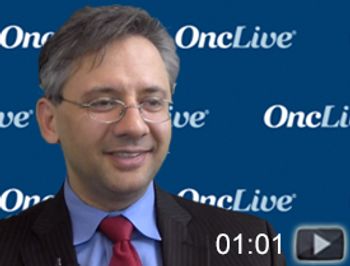
Michael Pishvaian, MD, PhD, director, Phase I Clinical Program, co-director of the Ruesch Center Pancreatic Cancer Program Medical Oncology, Otto J. Ruesch Center for the Cure of Gastrointestinal Cancer, Georgetown-Lombardi Comprehensive Cancer Center, discusses the future of entrectinib in the treatment of patients with pancreatic cancer.


